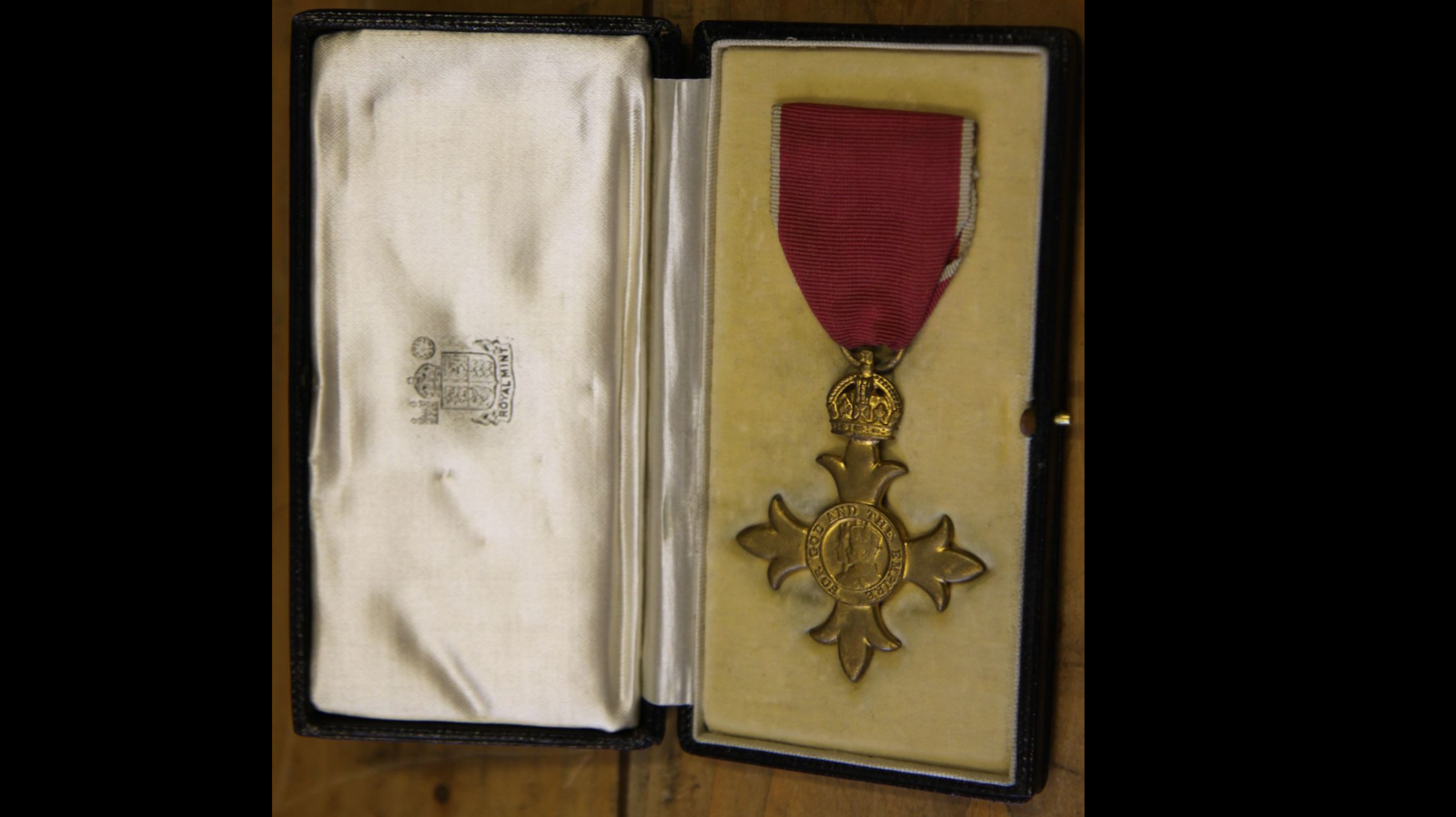3/4 Turing's Cathedral: The Origins of the Digital Universe, by George Dyson

Image: Turing's OBE currently held in Sherborne School (https://en.wikipedia.org/wiki/Sherborne_School) archives Turing's Cathedral: The Origins of the Digital Universe, by George Dyson (https://www.amazon.com/s/ref=dp_byline_sr_audible_1?ie=UTF8&search-alias=audible&field-keywords=George+Dyson) . Arthur Morey (https://www.amazon.com/s/ref=dp_byline_sr_audible_2?ie=UTF8&search-alias=audible&field-keywords=Arthur+Morey) (Narrator), Random House Audio (https://www.amazon.com/s/ref=dp_byline_sr_audible_3?ie=UTF8&search-alias=audible&field-keywords=Random+House+Audio) (Publisher). Audible Audiobook – Unabridged. https://www.amazon.com/Turings-Cathedral-Origins-Digital-Universe/dp/B007HI3IF2/ref=sr_1_1?keywords=george+dyson+turing+cathedral&qid=1583703859&s=audible&sr=1-1 The legendary historian and philosopher of science George Dyson vividly re-creates the scenes of focused experimentation, extraordinary mathematical insight, and pure creative genius that gave us computers, digital television, modern genetics, models of stellar evolution—in other words, computer code. In the 1940s and '50s, a group of eccentric geniuses, led by John von Neumann, gathered at the newly-created Institute for Advanced Study in Princeton, New Jersey. Their joint project was the realization of the theoretical universal machine, an idea that had been put forth by the mathematician Alan Turing. This group of brilliant engineers worked in isolation, almost entirely independent from industry and the traditional academic community. However, because they relied exclusively on government funding, the government wanted its share of the results: the computer that they built also led directly to the hydrogen bomb. George Dyson has uncovered a wealth of new material about this project, and in bringing the story of these men and women and their ideas to life, he shows how the crucial advancements that dominated twentieth-century technology emerged from one computer in one laboratory, where the digital universe as we know it was born. .. .. .. Permissions: Alan Turing (https://en.wikipedia.org/wiki/Alan_Turing) 's OBE (Order of the British Empire) Medal - currently held in Sherborne school archives Date | 9 August 2016 Source | Taken during visit to Sherborne school archives, not previously published and photograph was taken courtesy of Sherborne school archives. Author | Elektrik Fanne (https://commons.wikimedia.org/w/index.php?title=User:Elektrik_Fanne&action=edit&redlink=1) i, the copyright holder of this work, hereby publish it under the following licenses: Permission is granted to copy, distribute and/or modify this document under the terms of the GNU Free Documentation License (https://en.wikipedia.org/wiki/en:GNU_Free_Documentation_License) , Version 1.2 or any later version published by the Free Software Foundation (https://en.wikipedia.org/wiki/en:Free_Software_Foundation) ; with no Invariant Sections, no Front-Cover Texts, and no Back-Cover Texts. A copy of the license is included in the section entitled GNU Free Documentation License (https://commons.wikimedia.org/wiki/Commons:GNU_Free_Documentation_License,_version_1.2) . This file is licensed under the Creative Commons (https://en.wikipedia.org/wiki/en:Creative_Commons) Attribution-Share Alike 4.0 International (https://creativecommons.org/licenses/by-sa/4.0/deed.en) license. | You are free:to share – to copy, distribute and transmit the workto remix – to adapt the workUnder the following conditions:attribution – You must give appropriate credit, provide a link to the license, and indicate if changes were made. You may do so in any reasonable manner, but not in any way that suggests the licensor endorses you or your use.share alike – If you remix, transform, or build upon the material, you must distribute your contributions under the same or compatible license (https://creativecommons.org/share-your-work/licensing-considerations/compatible-licenses) as the original.